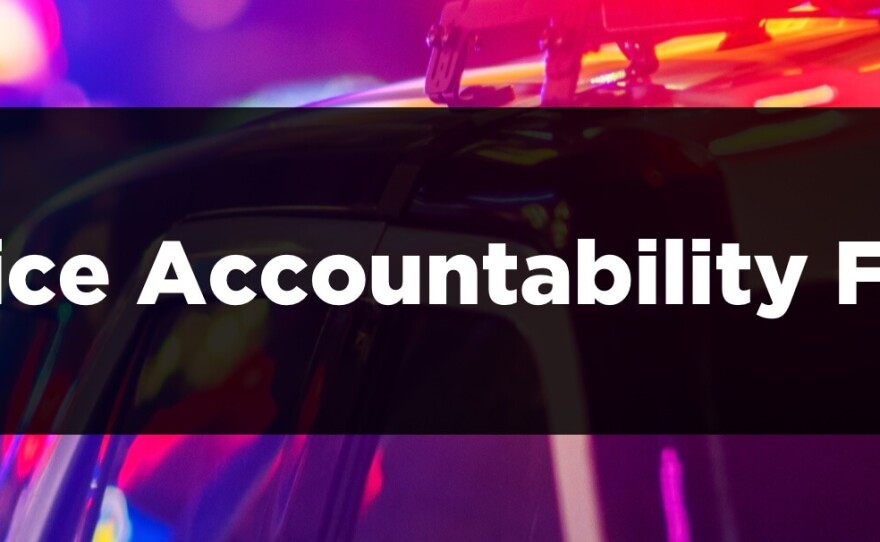Tasha Williamson taught herself how to file complaints against San Diego police.
“A police officer can take your life, take your freedom, change the trajectory of your household in one instance,” she said. “And you don't think that the public should know their behaviors?”
She founded the nonprofit Exhaling Injustice. Along with community groups including Pillars of the Community, the San Diego Black Panther Party and others, she now trains others how to file complaints, or files on their behalf. She estimated she’s filed about 100 complaints so far.
Follow the links below for more information on how to file and to obtain a complaint form.
File a complaint against San Diego police
File a complaint with their oversight commission
File a complaint with the state’s police standards commission
The most frequent complaints, she said, are for courtesy and illegal searches and arrests.
She said the paper trail is vital. Complaints can add up to an officer getting fired or make it harder for them to obtain a promotion or a job in another police department. She calls it a “complaint rap sheet,” and said it puts pressure on officers to change their behavior.
It’s important, she said, to file not just directly with the law enforcement agency, but also with their oversight commission and the state’s police standards commission. She also copies key people in the city — the district attorney, the city attorney, the mayor and his chief of staff, for example — on complaint emails.
When filing a complaint, citizens have the option to file it as “informal” or “formal” — Williamson recommended choosing “formal.”
“Informal complaints to me are nothing but a slap on the hand,” she said. “Saying, ‘Don't do it again,’ while they do it again.”
Williamson offers herself as support to people filing complaints, assisting them with filling the forms out and accompanying them into interviews with Internal Affairs. She lists her own information when the person is afraid to list theirs.
She urged people to not forget to sign the complaint, or it’s rendered invalid.
Williamson said she and other organizers have also been providing training on citizen rights during police interactions. They are now looking at providing training on police procedure and policy, so people are more equipped to spot violations — and file complaints — when they happen.
“Community members are finding their voices.” Williamson said. “They're tired. You can harm someone so much that they will either run away or not deal with it, or they'll stand up and fight for themselves. And part of complaining is the community standing up, fighting for itself.”
This year, the California Commission on Peace Officer Standards and Training gained the power to decertify officers for serious misconduct. They anticipate removing thousands of officers from the profession each year.








